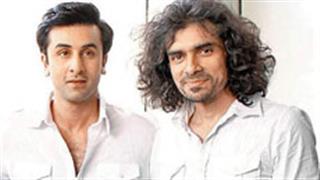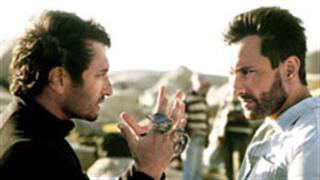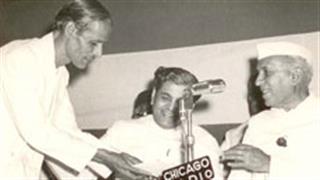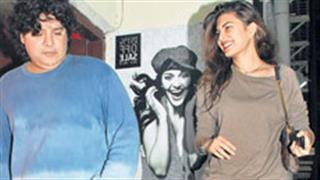Bollywood star Salman Khan will not face trial in the 1998 blackbuck hunting case in Rajasthan on charges of rioting but under the Wildlife
Protection Act, the Supreme Court ruled Thursday.
A bench of Justice P. Sathasivam, Justice J.S. Khehar and Justice Vikramajit Sen declined to accept the Rajasthan government's plea that
Salman and four other actors should also be tried for rioting under the provisions of the Indian Penal Code.
The blackbuck shooting case dates back to 1998 during the shooting of the film "Hum Saath Saath Hain".
The state government had come to the apex court challenging the July 24, 2012, Rajasthan High Court order, upholding the May 4, 2006
revision court's decision setting aside the framing of charges by the trial court against Salman and the others under Section 147 (punishment
for rioting), 148 (rioting, armed with deadly weapon) and 149 (member of unlawful assembly guilty of offence committed in prosecution of
common object) of the Indian Penal Code.
Appearing for the Rajasthan government, state Additional Advocate General Manish Singhvi told the court that both the revisional court as well
as the high court had erred in discharging Salman Khan and four others under Section 148 of the IPC on the grounds that another
proceedings for the same incident and the same offence was pending.
Singhvi argued that the offence under Section 27 of the Arms Act is distinct and different from Section 148 of the IPC especially when the use
of arms is with a view to commit violence in concert with other persons by forming an unlawful assembly.
A complaint was filed against Salman, Saif Ali Khan, Neelam, Tabu and Sonali Bendre on charges of being involved in hunting of protected
blackbucks in Kankani village near Jodhpur in October 1998.
Major relief for Salman Khan
Friday, January 25, 2013 13:18 IST




















